Writers began as readers. The best writers know that reading is what makes writing possible, and reading is what allows you to experience the world as a writer. As William Wordsworth said: "For all good poetry is spontaneous; it springs out of emotion recollected in tranquility." Writing is a solitary pursuit, but you can't be a writer without being a reader first.
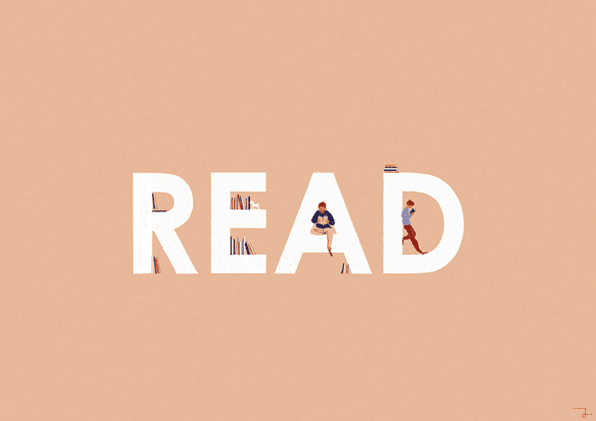
Reading is the best way to get inspired. Reading is where we get our ideas and inspiration from—it's what helps us learn how to write. The most successful writers are voracious readers because they know that the more they read, the more they will have to draw from when they write.
It's not just that reading is good for you—it's that it's essential to becoming the kind of writer that you want to be. Reading helps you get better at writing and communicating with others. It gives you a chance to explore new ideas and learn from others' successes and failures. And even if you don't think about it consciously, reading also helps your writing by supplying examples of how other people have solved problems in the past.
The best part? You don't need to be an expert on anything to start reading! You can pick up any book and get something out of it, even if it's completely different from what you've read before. And once you start reading regularly, there will always be more books waiting for you—and more ways for all that reading to help improve your writing skills!
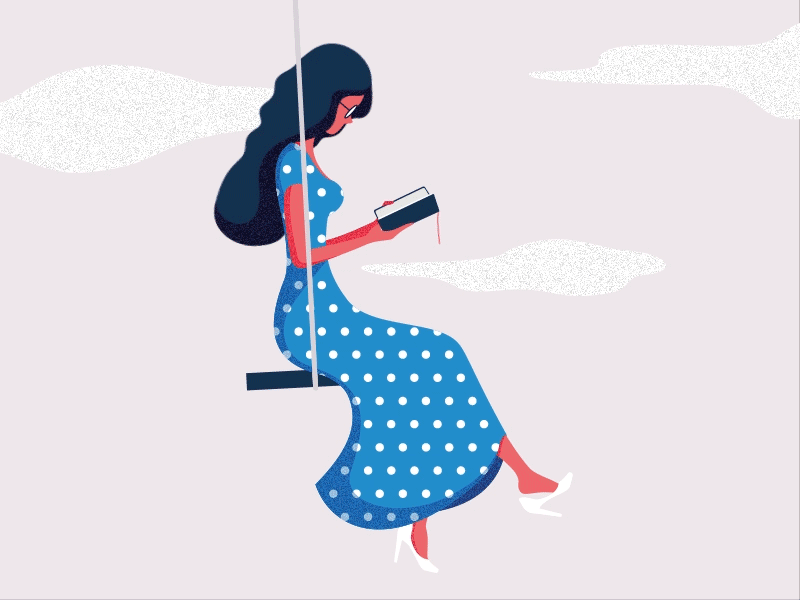
When I was in my early teens, I used to write short stories for fun. One of my favorite things about writing those stories was that I could take on any voice or perspective I wanted—I could be anyone or anything. The world was mine to explore! I mean, I always knew that some people were just born with a knack for writing. But I thought my lack of natural talent meant that I'd never be able to write anything worthwhile.
But then I started writing more seriously, and something happened: it stopped being fun. It was hard work, and I had no idea what kind of writer I wanted to be. Was I supposed to write like my favorite authors? Was it better if my writing sounded like me? Or was it best if it was somewhere in between?
Reading helped me find answers to these questions. When you read the work of other writers, you start building an understanding of how they approach their craft—what they emphasize, what they leave out, what they focus on most strongly. And once you have this understanding, it becomes easier to see where your own strengths lie as a writer and what kind of style will work best for your own voice.
This is what reading has meant for me: it's been an important part of my development as a writer. Now that I think about it, there are many other skills that I've learned through reading as well—like research or editing or copywriting. Reading has also made me a better editor and mentor because it helps me understand what makes good writing so good and why certain pieces resonate with people more than others do
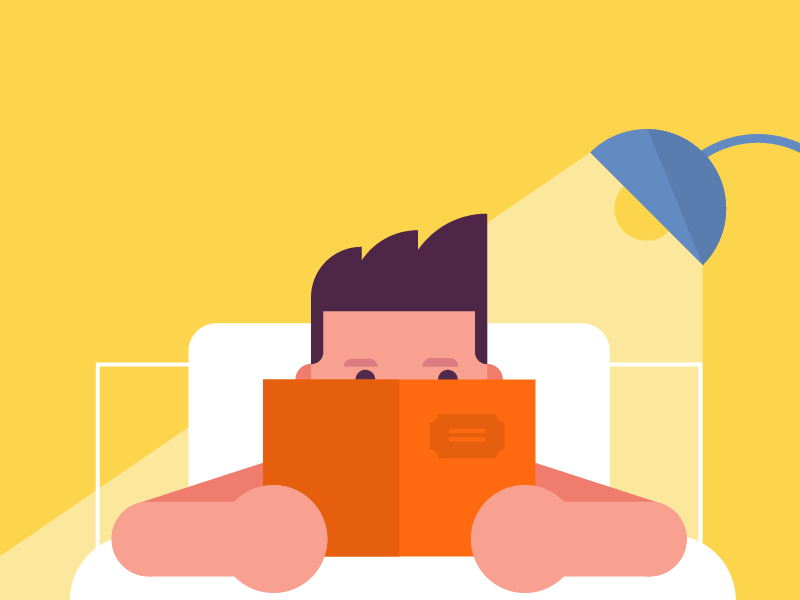
In Conclusion
Reading is one of the most important skills a person can develop, and it's also one of the most enjoyable ways to spend your free time. But when it comes to writing, some people get hung up on what kind of reader they were. Were you a fiction lover? A non-fiction fanatic? Did you read only magazines or newspapers? If you were like me, then you spent most of your childhood with a book in your hand—and then went on to write one!
So what does this mean for aspiring writers? It means that you can use the skills that came naturally to you as a reader (or are still coming naturally to you now) to help make your writing even more amazing than ever before!
Copyright, 2022 frdchckn. All rights reserved.
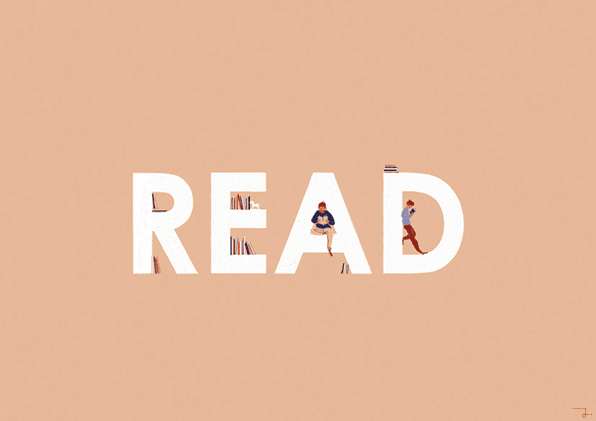
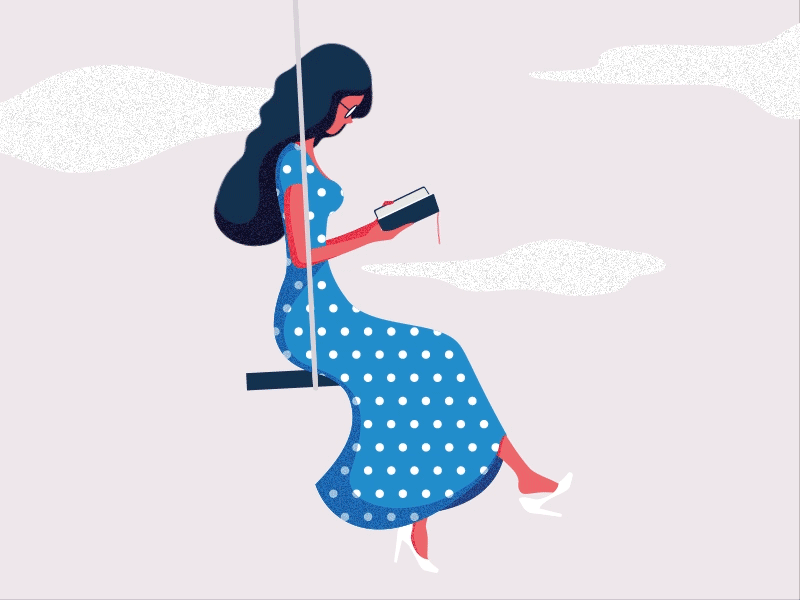
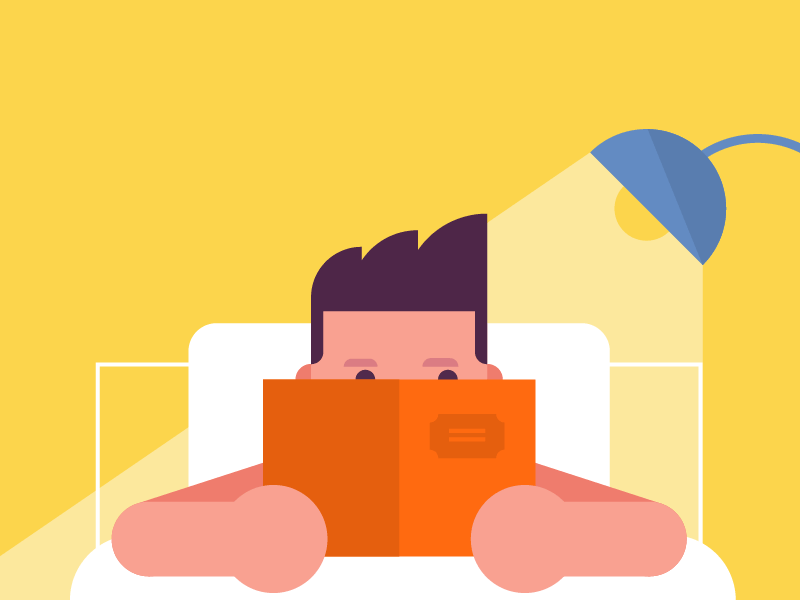
Mostly I am ready to see the structure of sentences that we can make and the way of expressing things.